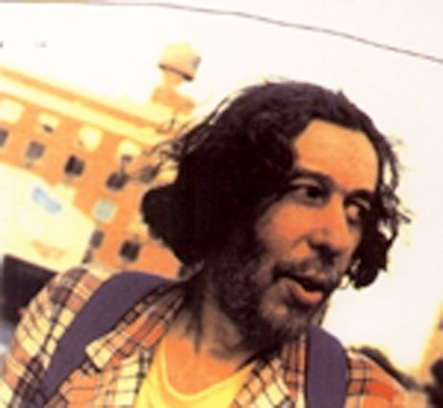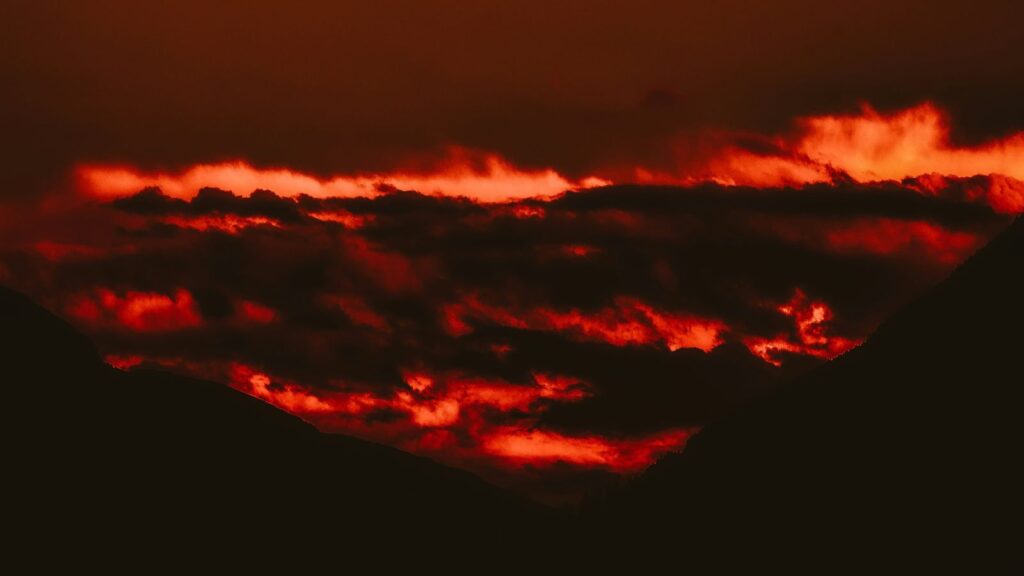Tuli Kupferberg died this past Monday, July 12. Here’s some recollections on the man.
He was born in Manhattan in 1923, named Naphtali, and grew up in Brooklyn. His
first language was Yiddish. His father was a luggage dealer, a guy with a
series of failed small businesses. Tuli went to Brooklyn College.
Ed Sanders said of Tuli, “Most child prodigies play the
violin or the piano; Tuli was a prodigy as an anarchist.”
Tuli was called up for the World War Two draft. He went all
the way through the physical exam and the last thing he had to do was fill out
an insurance policy. There was a $10,000 payout for a soldier who got killed in
combat. So he’s filling out the paperwork about who should get the money if
he’s blown up, and he decides to name ten of his friends, each to get a grand
in the event. The sergeant looks at the papers and says, “What’s this?” And
Tuli explains about the ten friends. The sergeant has never seen this before,
all the other guys name their parents as beneficiaries; the sergeant asks him
why he didn’t name his parents. Tuli says he doesn’t like his parents. The
sergeant says, “down the hall, second door on your left.” Now he’s with an army
psychiatrist, and they’re talking, and eventually they get on the topic of the
war. Tuli explains to the shrink his anarchist theories about the real causes
of the war, and the shrink decides he’s unfit for military service. Now he’s a
free man.
He feels badly about his buddies who didn’t get off, and all
the young men who are going to get killed, so he drops out of college. He told
me he didn’t think it was fair to be getting a degree while his peers were
being killed. But he’s hungry for gnosis, so he starts attending classes for no
credit at the New School for Social Research.
The New School had a program where they employed European
scholars who had fled from the Nazis. The great French anthropologist Claude Lévi-Strauss was there. Tuli sat in on his
lectures.
In 1945, at the end of a disastrous love affair, and
depressed over the war, he “went over the side of the Manhattan Bridge.” He was
picked up by a tug boat crew and wound up in the hospital with a lot of other
failed suiciders, some hideously injured. “There’s time, there’s time,” he
later wrote. “You’ll be dead a long long while, & sooner than you imagine.
Patience, patience, my young, wild, beautiful, damned friends!”
In 1955, Allen Ginsberg put a line in his breakthrough poem
Howl, “who jumped off the Brooklyn Bridge this actually happened and walked away
unknown and forgotten into the ghostly daze of Chinatown soup alleyways &
firetrucks, not even one free beer.” Ginsberg had switched bridges probably for the alliteration and for the greater poetic relevance of the Brooklyn Bridge.
Tuli later said it bugged him that people kept asking, “did
you really jump off the bridge?,” as if it were some kind of accomplishment. “Remember,”
he said, “it was a failed attempt.”
In the 1940s-‘50s, a new wave of energy swept the arts in
America. It had to do with the massive influx of European refugee avant-garde
artists and intellectuals, the emergence of the United States as a major power,
the dynamism of the war economy, the mass migration of African Americans into
the cities of the north, the emergence of Abstract Expressionism, the coming of
jazz into the mainstream, and the start of the baby boom and all that
portended. Poetry played a part, with the DIY poetry performance trend starting
in San Francisco late 40s and moving to New York. The DIY trend hit all the
arts — filmmaking, theater, dance, music, literature. Like many writers,
Tuli began publishing a small magazine, Birth,
which he distributed around the Village.
There he met fellow poet Ed Sanders and together, in 1964,
they started the Fugs, arguably the first underground rock band. They named the
band for the word that stood in for “fuck” in Norman Mailer’s war novel The Naked and the Dead. I met Tuli about
1976, while walking around the Village with Allen Ginsberg, with whom I was
beginning a twenty-year musical partnership. Tuli was selling his “news poems”
news print leaflets. By that time, the Fugs had been disbanded for years, but
in 1984 Tuli and Ed revived the band and I was hired as guitarist and singer. It was a great thrill to join that band, the thrill goes on and on. I got me a band of brothers in music for life.
When I was a young teen in the late ’60s, all the cool older young people I knew had a Fugs record. It Crawled Into My Hand, Honest got a lot of circulation, in spite of zero airplay due to the content. Lyrics like “River of shit,” and songs like “Marijuana” and “Grope Need” attracted the attention of J. Edgar Hoover, who forwarded the album to the Attorney General for prosecution, complaining that “right thinking Americans” shouldn’t be subjected to such filth, but the AG declined to pursue the case.
The Fugs taught us that you didn’t have to be a great singer or guitar god to have a real band; you could do it on “pure youthful genius and will,” as Sanders later said. This is why the critic John Rockwell has called the Fugs the originators of punk. They couldn’t play and they weren’t great crooners but, Tuli later told me, he and Ed agreed that “we’re poets; we’ll have great lyrics!” Great indeed.
Tuli became more than a friend to me. He was a comrade, a
brother, a funny uncle, a second father.
He had a huge collection of song books that he used to
inspire his own brilliantly satirical songs. He turned out dozens and dozens,
and never stopped writing them until close to the end of his life. In his final
year, though blinded by a stroke, he was working on a book of aphorisms, what
he called “perverbs.” You can see him performing some of these on Youtube.
There’s a bio and bibliography here.
Tuli was a comic genius. The last book of his that I have is
called Teach Yourself Fucking. Dig
the absurd genius of that proposition. It still makes me laugh to try wrapping
my head around it.
On Saturday July 17, between 12 and 3, at St. Mark’s Church in the
Bowery (2nd Avenue and 10th Street in Manhattan) the Fugs
will sing Tuli off to anarchist heaven. The event is open to anyone who wants to say so long.
Sing, cuckoo, sing.
Death is a comin’ in.
Sing, cuckoo, sing.
Death is a comin’ in.
. .













